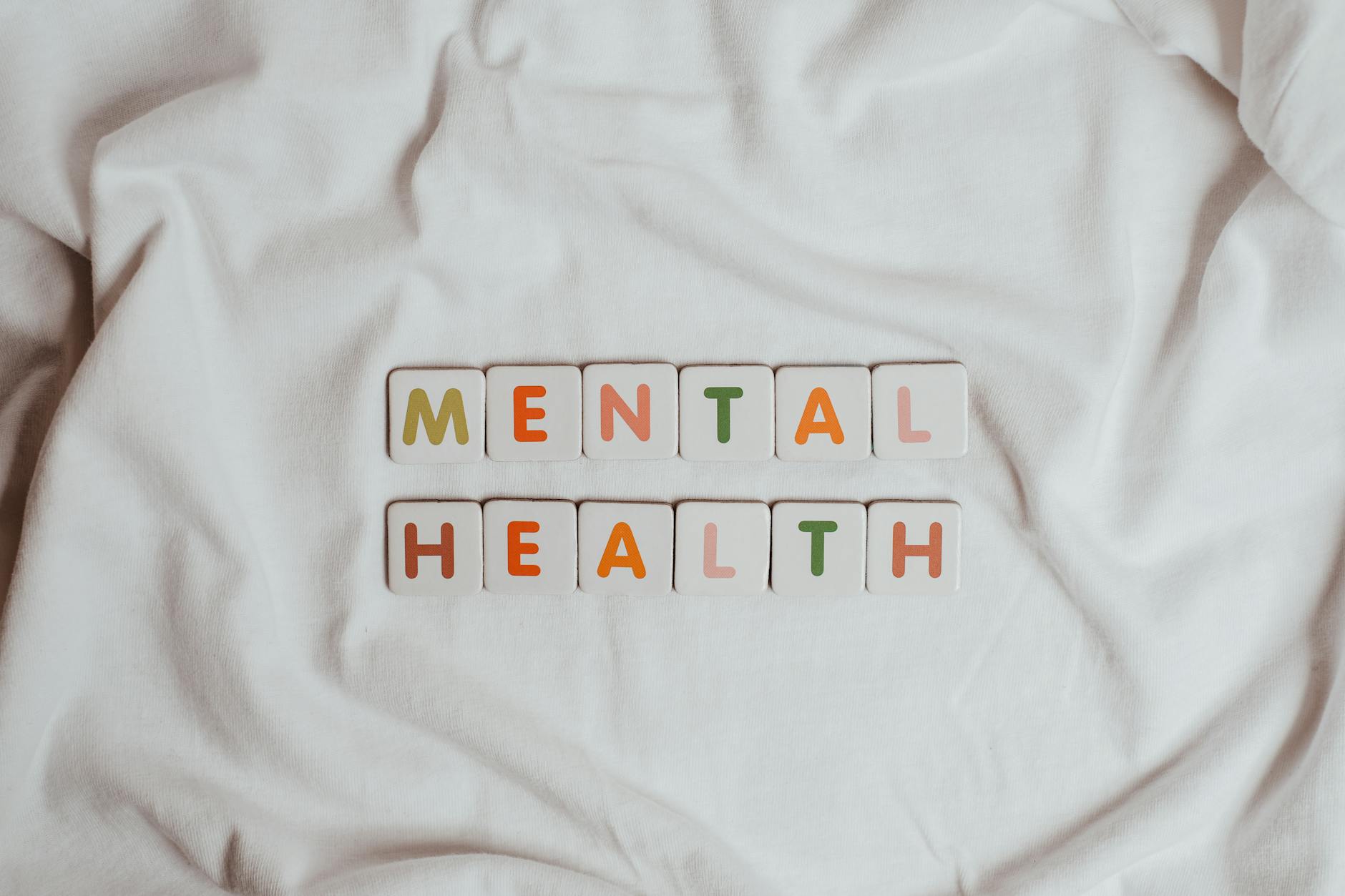
Psychologists vs Psychiatrists: Understanding the Key Differences
The world of mental health is vast and complex, with two key professions often being misunderstood: psychologists and psychiatrists. Both play crucial roles in helping individuals navigate mental health challenges, but they have significant differences in their training, approach, and treatment methods. This article aims to break down these distinctions in a way that’s easy to understand, empowering you to make informed decisions about your mental health journey.
Purpose of This Article
The purpose of this article is to provide clear, accurate, and detailed information to help you differentiate between psychologists and psychiatrists. Mental health care is deeply personal, and understanding who can best meet your needs is critical. By comparing the educational background, treatment methods, and approaches of these two professions, you will gain valuable insight into which path might be the most suitable for you or a loved one.
Educational Background
The primary difference between psychologists and psychiatrists begins with their educational pathways.
Psychologists typically earn a doctoral degree in psychology, either a Ph.D. (Doctor of Philosophy) or a Psy.D. (Doctor of Psychology). Their education focuses on human behavior, mental processes, and emotional well-being. They undergo rigorous training in psychotherapy, psychological testing, and research. After completing their degree, psychologists are required to complete supervised clinical work to gain licensure.
Psychiatrists, on the other hand, start with a medical degree (M.D. or D.O.). After medical school, they complete a residency in psychiatry, which typically lasts four years. Their medical training equips them to understand the biological basis of mental illnesses, and they are licensed to prescribe medications. Psychiatrists also learn to integrate medical and psychiatric care for complex cases involving mental and physical health conditions.
| Criteria | Psychologist | Psychiatrist |
|---|---|---|
| Educational Path | Ph.D. or Psy.D. in Psychology | M.D. or D.O. in Medicine, specialization in Psychiatry |
| Training | Extensive training in psychotherapy and behavioral sciences | Medical training plus psychiatric residency |
| Licensure | Licensed as a psychologist after supervised clinical work | Licensed as a medical doctor with psychiatric specialization |
Approach to Diagnosis and Treatment
Psychologists and psychiatrists differ in how they diagnose and treat mental health conditions.
Psychologists primarily focus on talk therapy (psychotherapy) and behavioral interventions. They work with patients to explore thoughts, feelings, and behaviors, helping them develop strategies to cope with life’s challenges. Psychologists are also trained to administer and interpret psychological tests that assess mental health conditions, intelligence, and personality traits.
Psychiatrists, given their medical background, take a biological approach. They often use medical tests and evaluations to understand the root causes of mental health issues, particularly when they involve a chemical imbalance in the brain. Psychiatrists typically prescribe medications like antidepressants, antipsychotics, or mood stabilizers, and they may also recommend hospitalization for severe cases.
| Criteria | Psychologist | Psychiatrist |
|---|---|---|
| Treatment Methods | Talk therapy, cognitive behavioral therapy (CBT), etc. | Medication management, hospitalization, and medical tests |
| Diagnosis Approach | Behavioral assessments, psychological tests | Medical evaluations, lab tests, brain scans |
| Focus | Behavioral and emotional well-being | Biological, neurological, and chemical imbalances |
Prescription Authority
One of the most significant differences between the two professions is the authority to prescribe medication.
Psychologists, in most cases, do not prescribe medications. Their focus is on behavioral interventions, and they often work in conjunction with psychiatrists or other medical professionals when medication is required.
Psychiatrists are fully licensed medical doctors and are authorized to prescribe psychiatric medications. Their role is vital in cases where mental health conditions have a biological component that can be treated with medication. This distinction makes psychiatrists the preferred choice for individuals dealing with severe mental illnesses such as schizophrenia or bipolar disorder, where medication management is crucial.
| Criteria | Psychologist | Psychiatrist |
|---|---|---|
| Prescription Rights | Generally does not prescribe medications | Licensed to prescribe psychiatric medications |
| Medication Focus | Refers patients to psychiatrists or medical doctors when needed | Directly manages medication for mental health conditions |
Holistic vs. Medical Approach
Another key difference between psychologists and psychiatrists lies in their overall approach to treatment.
Psychologists often take a holistic approach, focusing on the individual’s emotional, mental, and sometimes spiritual health. They aim to empower patients by helping them understand their thought patterns and behaviors. This approach is ideal for individuals seeking long-term support through talk therapy, life coaching, or behavioral interventions.
Psychiatrists, while also considering emotional and psychological factors, are more likely to focus on the biological and medical aspects of mental illness. Their treatments often involve medication and are suited for cases where a more clinical or pharmacological intervention is required.
| Criteria | Psychologist | Psychiatrist |
|---|---|---|
| Approach | Holistic, focusing on emotional and mental well-being | Medical, focusing on biological and chemical factors |
| Ideal for | Long-term talk therapy, counseling | Severe mental illnesses requiring medication |
Final Thought
Choosing between a psychologist and a psychiatrist depends on your mental health needs. If you’re looking for someone to guide you through talk therapy and explore behavioral patterns, a psychologist is likely the best option. However, if you’re dealing with severe mental health issues that may require medication, a psychiatrist is the ideal choice. Understanding these differences is essential for making informed decisions about your mental health care.
Frequently Asked Questions (FAQ)
Psychologists vs Psychiatrists

1. Can psychologists prescribe medications?
Psychologists typically do not prescribe medications, except in a few U.S. states where they may have limited prescription rights after additional training.
2. Do psychiatrists provide therapy?
While some psychiatrists may offer psychotherapy, their primary focus is often on diagnosing mental illnesses and prescribing medications.
3. When should I see a psychologist instead of a psychiatrist?
If you are looking for talk therapy or need help managing emotional and behavioral issues without medication, a psychologist is a good fit.
4. Can psychologists and psychiatrists work together?
Yes, it’s common for psychologists and psychiatrists to collaborate. A psychologist may handle therapy while a psychiatrist manages medication.
5. Is therapy with a psychologist more effective than medication?
It depends on the individual’s condition. Therapy can be effective for many mental health issues, while others may require medication.
6. Do psychiatrists perform psychological tests?
No, psychological testing is generally the domain of psychologists, although psychiatrists may use tests to inform treatment.
7. How long does it take to become a psychologist?
It typically takes about 7-10 years of education and training to become a licensed psychologist.
8. How long does it take to become a psychiatrist?
Becoming a psychiatrist usually requires about 12 years of education and training, including medical school and residency.
9. Do I need a referral to see a psychiatrist?
In most cases, you do not need a referral to see a psychiatrist, but insurance plans may have specific requirements.
10. Are there psychiatrists who also offer therapy?
Yes, some psychiatrists provide therapy, but it’s more common for them to focus on medication management.
Disclaimer
This article is meant for informational purposes only. It is not a substitute for professional medical advice. Always consult with a licensed healthcare provider for diagnosis and treatment of any mental health conditions. Conduct your own research before making decisions regarding your mental health care.

Discover more from hsnrev.com
Subscribe to get the latest posts sent to your email.



